Can you feed eggshells to hens?
Can you feed eggshells to hens? There is only one reason why not; they may turn to eating their own. It apparently does happen occasionally though we have not had much of a problem.
So how do you stop your hens from enjoying a fresh egg for breakfast every day? Our method seems to be working and it is fairly simple; others make quite a meal of it.
More detail
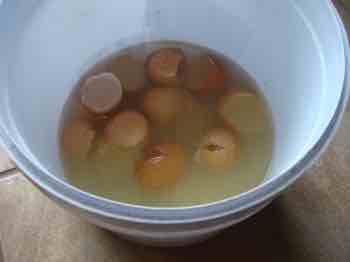
This page was last updated by Bernard Preston on 9th June, 2023.
One thing is certain. Your laying hens need a lot of calcium; at least the amount in an eggshell every day, plus for their own bones and nutrition.
Just like humans, a chicken starved of calcium will not thrive. Have you heard of rickets? It's a serious disease caused by a deficiency of either the mineral or vitamin D. Luckily none of our free-range hens seem to have the slightest desire to become couch potatoes.
Chickens like humans get weak bones if they don't get enough calcium, vitamin D and exercise.
Too little exercise is the chief cause of osteoporosis in humans, rather than too little of the mineral from their food; and smoking also.
Whilst we are on the subject, did you know that humans who swallow supplementary calcium are more prone to heart disease? Any excess, not taken up because you are not walking enough, is deposited in the intima, the inner lining of the coronary arteries, and presumably others, causing high blood-pressure.
But that does not happen if you get too much calcium from the food you are enjoying.
But that is not going to happen to our chickens; with the amount of calcium going into an egg a day, there's not much likelihood of an excess from their food.
The laying mash that we used to purchase of course was an extra source of calcium for our hens, but we are trying to become self-sufficient, and our chickens with us; we no longer buy it. Instead the hens get the left over real bread that we bake; it has all the goodies needed for both us and them to thrive.
There is a surprising amount of calcium in 100% wholemeal, but you are not likely to find it on supermarket shelves; don't be conned by the big fat "wholemeal" flour lie[2].
Can you feed eggshells to hens?
Can you feed eggshells to hens? Yes, of course, you can, but it needs to be presented in such a way that it has no resemblance to their produce.
Or they may want their egg, and eat it, same as we mistakenly enjoy cake; for them never and for us on high and holy days only. We will both end up with an early demise.
Ours is a very simple process; first wash the eggshells, dry them in the sun to sterilise them. Then crush the lot with your fingers or a bottle.
First the washing process should remove most of the egg-white, or any yolk that is stuck to the shell.
You do not want them to recognise those shells from the odour of an egg and I can assure you their eyesight and sense of smell is very keen.
It is not done rigorously. We just toss them into a bucket with water, swish it round a few times and rinse again perhaps; and then put them out in the midday sun.
By mashing them down a bit, they take up less space in the bucket and do not collect water when you are trying to dry them. Or, alternatively, place them shell-side up in the sun. That is what I am doing now; almost anything goes.
The strong sunlight makes the eggshells more brittle, and will help to kill off any salmonella that may be lurking; it is a nasty bug.
Out comes an empty plastic honey bottle and within thirty seconds you have your crushed egg-shells. Nothing really could be easier, though it is one more chore to think about.
Actually I sometimes toss them into the blender for about fifteen seconds, and the resultant crush is so fine that I just add it to their regular feed; we have had little problem with hens eating their own eggs.
If your hens are confined, then you have to put the crushed eggs into the run. Originally I would not add it to their regular food, but in a second feeder; just any old container. Now I am a lot more laissez-faire about the whole exercise; keep it simple.
Our hens range freely in a garden divided into five camps; one is where the boss grows her seedlings, and the
hens are never allowed to set foot therein obviously. The other four
have compost-heaps so that is where I dump the shells; far from their nests.
Since the hens are rummaging most of the day around in the compost-heaps looking for worms and other tiny creatures, they soon find the eggshells. And make no mistake, they know what is good for them.
So in our case there is not the slightest connection between the nesting boxes, the food they get in the run and the shells; we have had little problem with hens tucking into their own eggs.
Every now and again an eggshell has obviously had a peck, but no damage is done.
In total perhaps it is five-minutes work, twice a week; not too onerous.
Dry them in the sun just by tossing them on the grass.
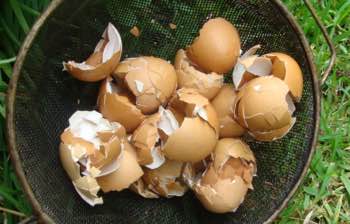
I crushed these with a plastic honey bottle; actually they hardly ever go into the blender; that is too much PT.
Fairly regularly I go back to crushing them in one plastic container, using another.
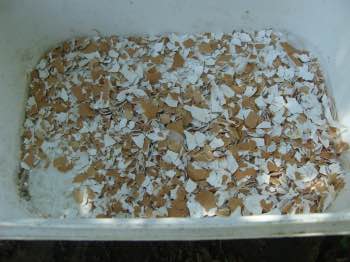
Happy hens take a mud bath regularly.
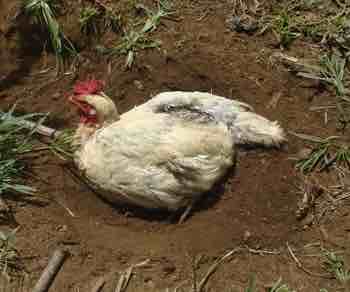
The material expressed on this page is gleaned from the nutritional and environmental literature; it is clearly referenced. A plain distinction is made between the author's opinion and that which is scientifically proven. When in doubt consult your health professional.
To suggest a correction or clarification, write to Dr Bernard Preston here. Contact.
Newsletter
Our newsletter is entitled "create a cyan zone" at your home, preserving both yourself and Mother Earth for future generations; and the family too, of course. We promise not to spam you with daily emails promoting various products. You may get an occasional nudge to buy one of my books.
Here are the back issues.
- Lifestyle and ideal body weight
- What are ultra-processed foods?
- Investing in long-term health
- Diseases from plastic exposure
- Intensive lifestyle management for obesity has limited value
- A world largely devoid of Parkinson's Disease
- The impact of friendly bacteria in the tum on the prevention of cancer
- There's a hole in the bucket
- Everyone is talking about weight loss drugs
- Pull the sweet tooth
- If you suffer from heartburn plant a susu
- Refined maize meal and stunting
- Should agriculture and industry get priority for water and electricity?
- Nature is calling
- Mill your own flour
- Bake your own sourdough bread
- Microplastics from our water
- Alternative types of water storage
- Wear your clothes out
- Comfort foods
- Create a bee-friendly environment
- Go to bed slightly hungry
- Keep bees
- Blue zone folk are religious
- Reduce plastic waste
- Family is important
- What can go in compost?
- Grow broad beans for longevity
- Harvest and store sunshine
- Blue zone exercise
- Harvest and store your rainwater
- Create a cyan zone at your home
No one was more astonished than I when I opened the roost this morning to find an impatient hen had laid her egg and it had dropped more than two feet without breaking. Can you feed the shells to your birds and is it effective? Without a doubt it is.
Previously before feeding our eggshells to our hens this was the result; splat.
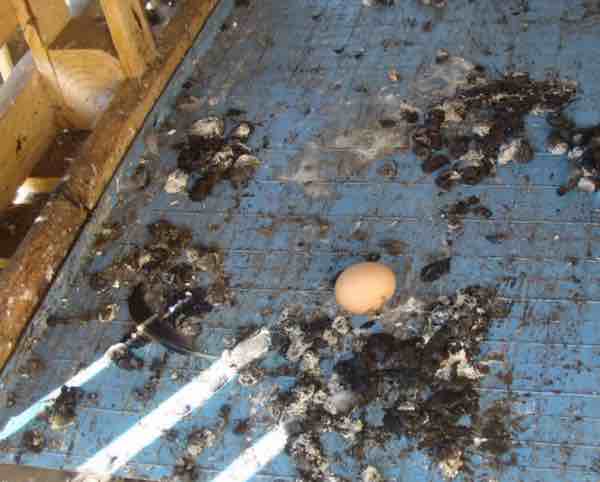
I now cover this tray with compost. It makes cleaning a lot easier.
Prior to having hens the shells went straight into the compost heap which was fine unless the egg had been boiled. Cooked, they do not seem to decay. Then for a period they went along with all the other kitchen slops into the wonder of worm farms.
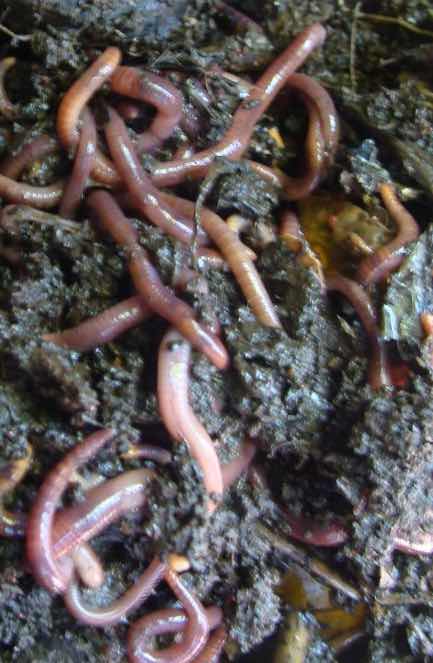
These are best chicken feed; a wonderful source of protein for them.
Self-sufficient
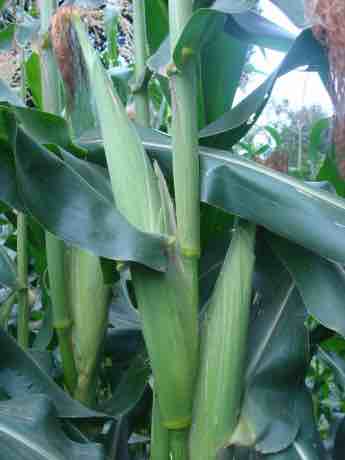
Becoming self-sufficient has been one of the most satisfying things I have ever striven to achieve. We have succeeded with our solar powered generator, rainwater harvesting and free-range eggs; a mountain of fresh fruit and vegetables too.
Making the birds self-sufficient has meant fussing with eggshells for the hens, growing corn for them and of course the worm farms for extra protein.
This year we will have a huge crop of broad beans; they are the best vegetable source of protein at 25% after soy. We just have to figure out how to make them palatable to the hens. Luckily they leave the plants alone. If you have worked out a way, please email me at contact.
I personally do not like soy beans by the way; I find them very indigestible. Perhaps it is because they have the largest amount of antinutrients of all legumes. Fermented the Chinese-way they are fine; tempeh.
How to plant broad beans has been a big step forward for us; they are simple legumes to grow compared to garbanzos and lentils. We are hoping they will make great chicken food.
Finding a protein source where they will not also decimate the plant, like ordinary green beans and peas, has been a mission.
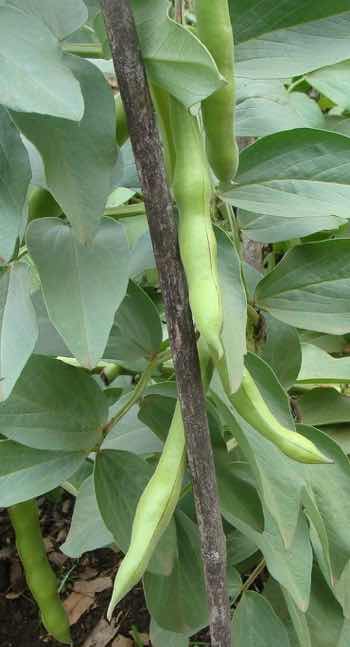
The hens absolute favourite food after the worms is our stale 100% wholemeal bread. We add a vegetable protein in the form of our homemade authentic hummus recipe to lower the GI; the chickens tuck in as though it is Thanksgiving.
Unrefined wheat has a lot of betaine which they need; so do we. It's one of the reasons that true wholegrain bread is not fattening; in fact it helps us lose weight.
Chicken tractor design
You can choose a chicken tractor design; each has its strengths and weaknesses. Our hens range freely but periodically have to be confined to quarters; then can you feed the shells to them? Will they start eating their eggs?
Initially we only fed the hens shells by tossing them into the compost heap. I have heard of folk having to get rid of the whole flock because they started eating their own eggs.
But now that they have been washed and pulverised, the eggshells just go in with their feed; and they peck up the lot.
But this confining of the flock to our chicken tractor design is really only a short-lived thing; soon they are out once the seedlings have settled in. Mark I was too heavy to move about freely.
Can you feed eggshells to hens? In three years we have had little difficulties.
- From Longbourne farm you have another slant on feeding eggshells to chickens.
- 100 percent real flour
Bernard Preston
Bernard Preston is a semi-retired DC with a passion for all things green; it is about preserving the planet for our descendants, and ourselves from the curse of modern food processing and farming methods.
The subject came up when we starting having eggs laid with no shell. They like all females including humans have a prodigious need for calcium.
Did you find this page interesting? How about forwarding it to a friendly book or food junkie? Better still, a social media tick would help.
Address:
56 Groenekloof Rd,
Hilton, KZN
South Africa
Website:
https://www.bernard-preston.com